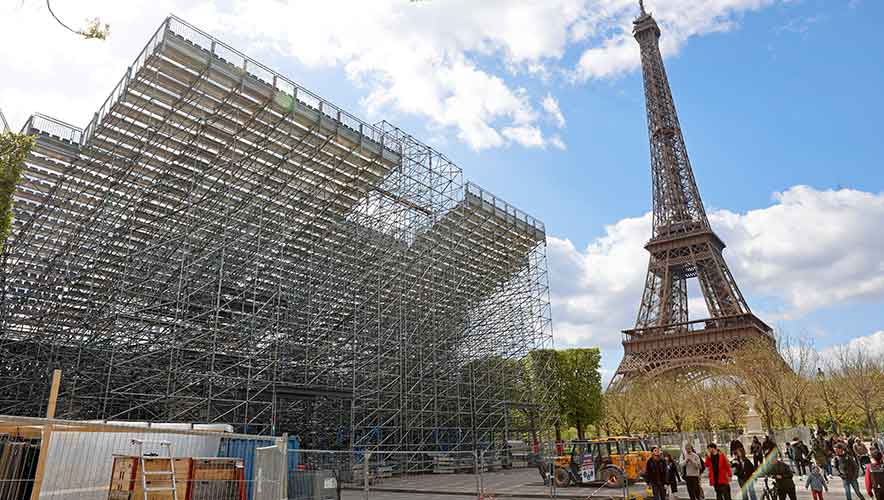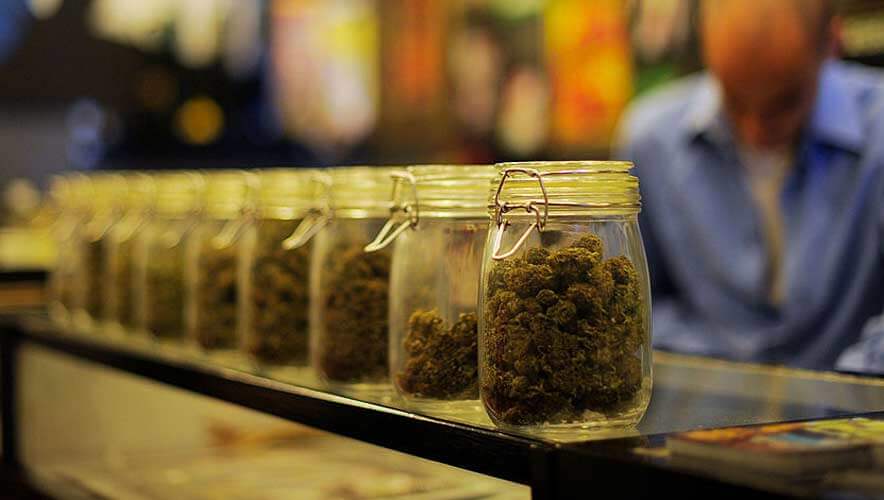Paris Olympics Officials Searching for Enough Security Contractors
It’s a challenge that rolls around every time the Olympic torch is lit—where on earth will the host city find enough security personnel to cover a massive, cross-city series of events?
The most memorable recent security contractor kerfuffle was at the 2012 Olympic Games in London, when military personnel had to be called in at the last minute to fulfill a shortfall in contracted security. Organizers for the Paris Games are hustling to avoid a similar situation.
Paris 2024 organizers need 22,000 private security agents to secure Olympic venues, while 35,000 police officers and 18,000 military troops secure public spaces, The Washington Post reported. However, private security sector leaders told the Post that a worker shortage could make meeting that demand difficult.
There have been four rounds of contract bidding for a guard company to secure the Games, but it’s a tough sell, especially because of the broad swath of venues, partially open events like the opening ceremony on the banks of the Seine River, and the timing of the Games—July and August, when about a third of French contract security personnel typically take their annual vacations.
“Some private security companies were reluctant to bid because they didn’t want to be liable for contracts they might not be able to fulfill,” the Post reported. “Even before the Olympics, the sector assessed that it was dealing with a labor shortage of 20,000 people. Although there has been a concerted push to get more people trained and certified, including through an accelerated three-week course funded by France’s unemployment agency and the regional administration, it may not be enough.”
Security personnel in France have to be certified and issued a professional card, which usually requires 175 hours of training. The accelerated course shortens that training period to 106 hours for a “major event card,” which is valid only through September 2025 instead of the usual five years.
Officials have said that 20,000 people are newly trained or in the pipeline to be certified to work at major events by July, and a final recruitment push now aims to attract last-minute candidates and students. But security experts are skeptical, since many of those new security personnel will be in demand to work at airports, train stations, and department stores—not just Olympic venues. In addition, many of the country’s certified security contractors don’t live in Paris, so companies would need to convince them to spend their summer away from family in a sweltering city.
Plans for an Opening Ceremony flotilla and regional conflicts are making the 2024 Summer Olympics in Paris a particularly difficult event to secure. https://t.co/PjbrNrNzBk
— Security Management (@SecMgmtMag) March 19, 2024
Security risks are also excluding some candidates from working the Games. Officials are screening everyone who holds a private security certification in case they are asked to help at the Games. So far, the Interior Ministry flagged 1,392 of them, including 161 who were on watch lists for radicalization or foreign interference, the Post and Le Parisien reported.
French private security, military, and police teams will get some reinforcements from about 50 foreign countries, including K9 units, personnel, and equipment.












